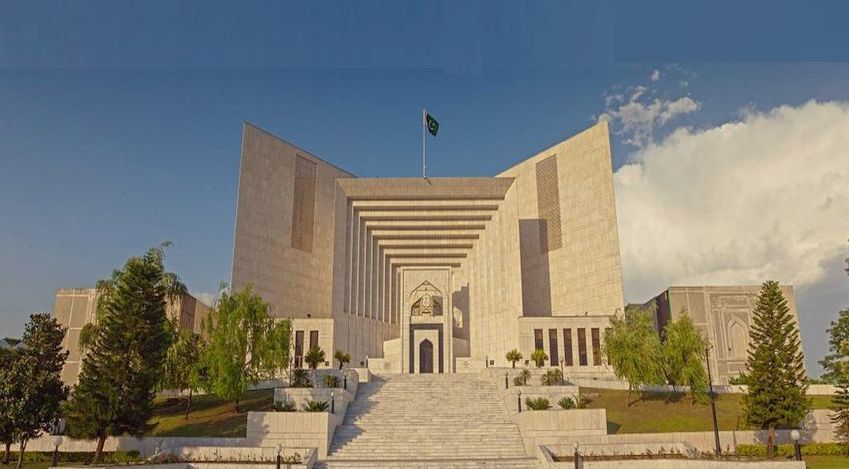Supreme Court of Pakistan Acquits Murder Convict Due to Unreliable Eyewitness Testimony
Islamabad 18-03-2025: In a recent judgment, the Supreme Court of Pakistan acquitted Appellant previously convicted for murder and terrorism-related charges. The Appellant was earlier convicted by the Trial Court under Section 302(b) PPC for murder and under Section 7(a) of the Anti-Terrorism Act, 1997, charges that were subsequently upheld by the Sindh High Court.
The Supreme Court of Pakistan, presided over by Mr. Justice Muhammad Hashim Khan Kakar, Mr. Justice Muhammad Shafi Saddiqui, and Mr. Justice Ishtiaq Ibrahim, found significant discrepancies in eyewitness testimonies. The eyewitnesses claimed observing the crime from about half a kilometer away, a claim the Court found scientifically implausible, referencing studies indicating severe limitations of human vision at long distances. Additionally, earlier acquittals of other co-accused cast further doubt on the reliability of the same eyewitnesses against the Appellant.
Citing established jurisprudence, including “Iftikhar Hussain Vs. State (2004 SCMR 1185)”, the Court emphasized that credibility and reliability of eyewitnesses are crucial and must be independently corroborated. In the absence of such corroboration and due to physical improbability, the Appellant was granted benefit of doubt.
Consequently, the Supreme Court of Pakistan acquitted Appellant of all charges, directing his immediate release unless otherwise detained in another case.
Key Legal Principles Derived:
- Human eyesight limitations render eyewitness testimony implausible beyond certain distances (40 meters cited).
- Eyewitness accounts must be credible, realistic, and independently corroborated to sustain convictions.
- Accused individuals are entitled to acquittal if substantial doubt exists regarding prosecution evidence.
Powered by Froala Editor








